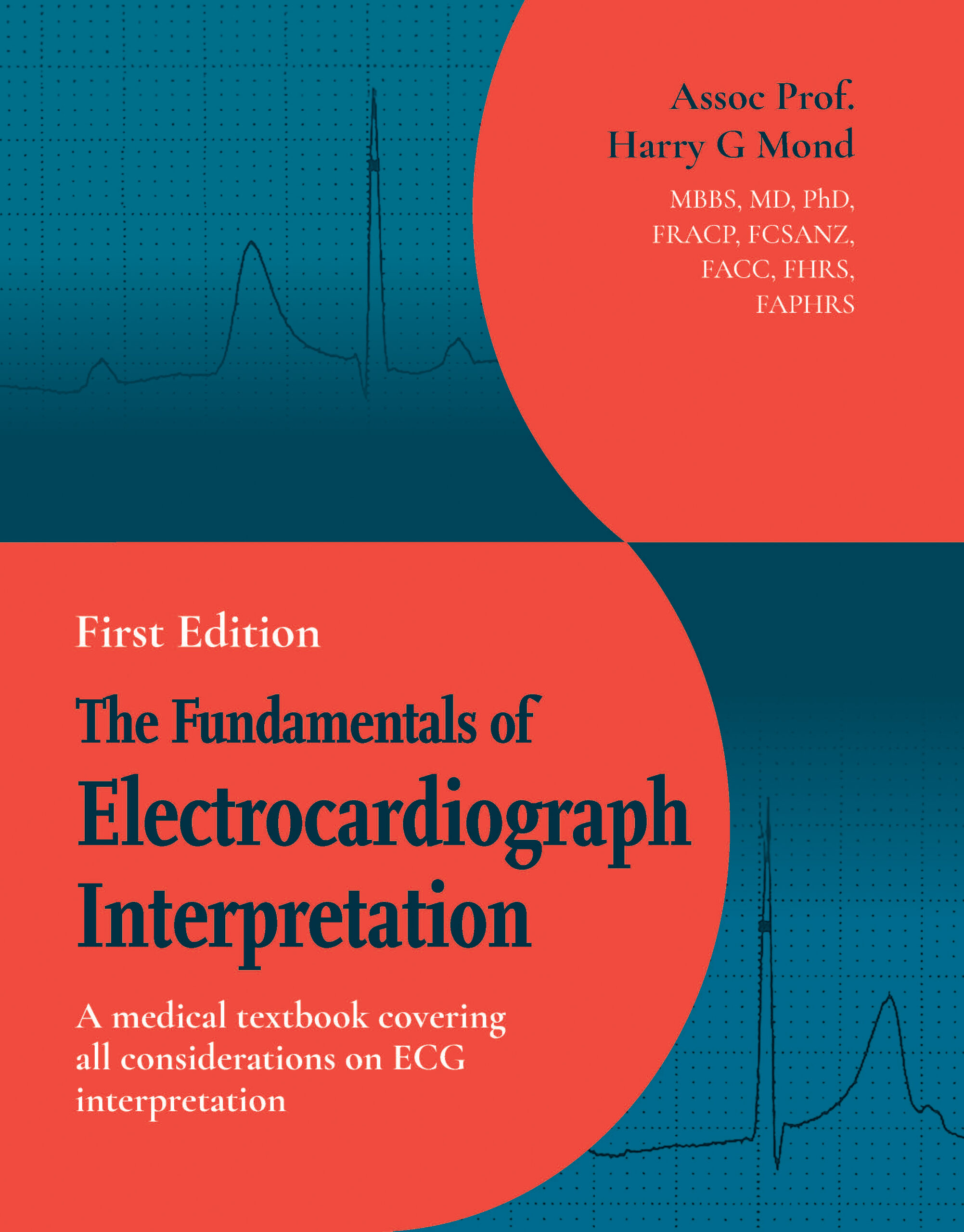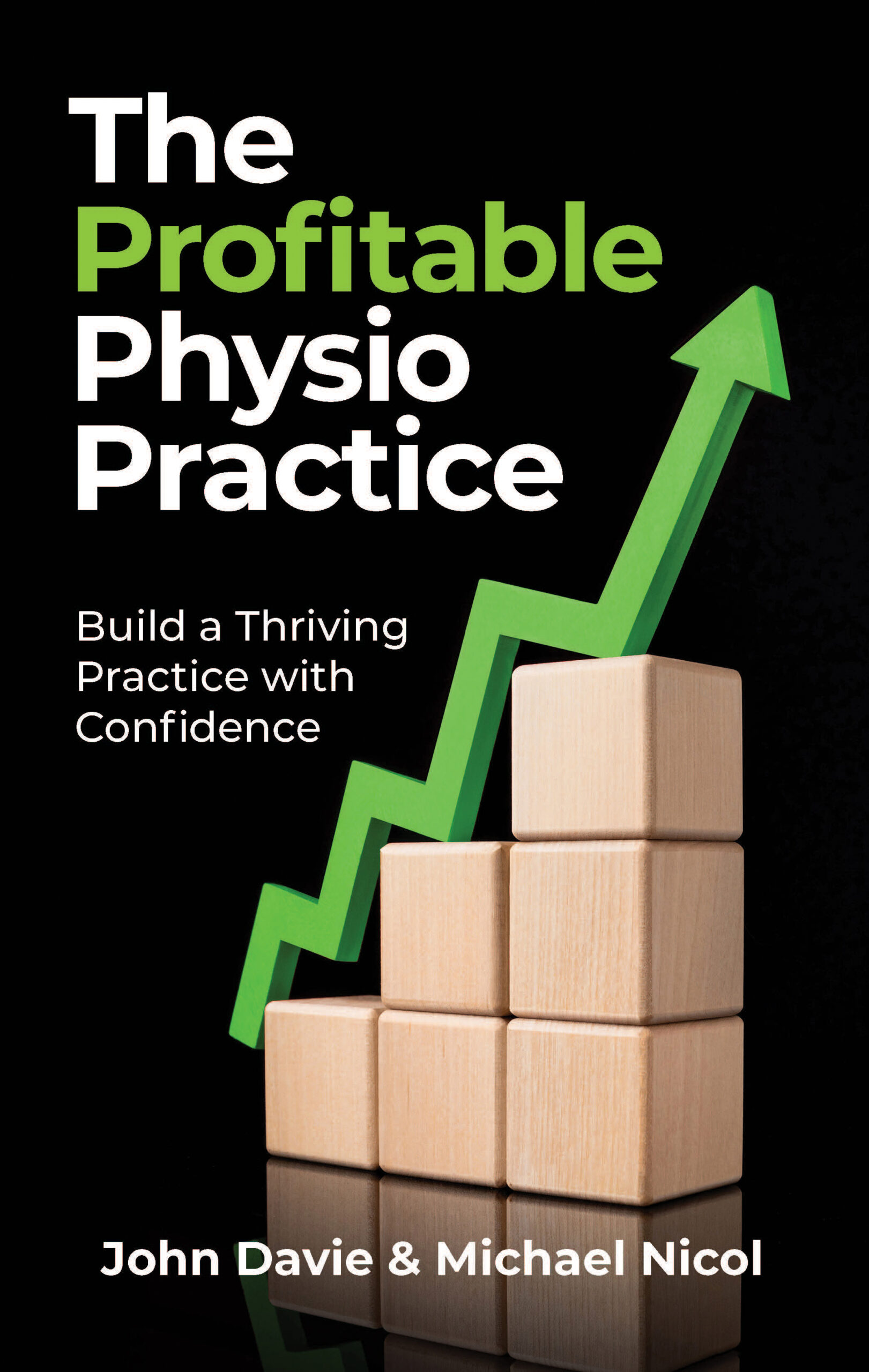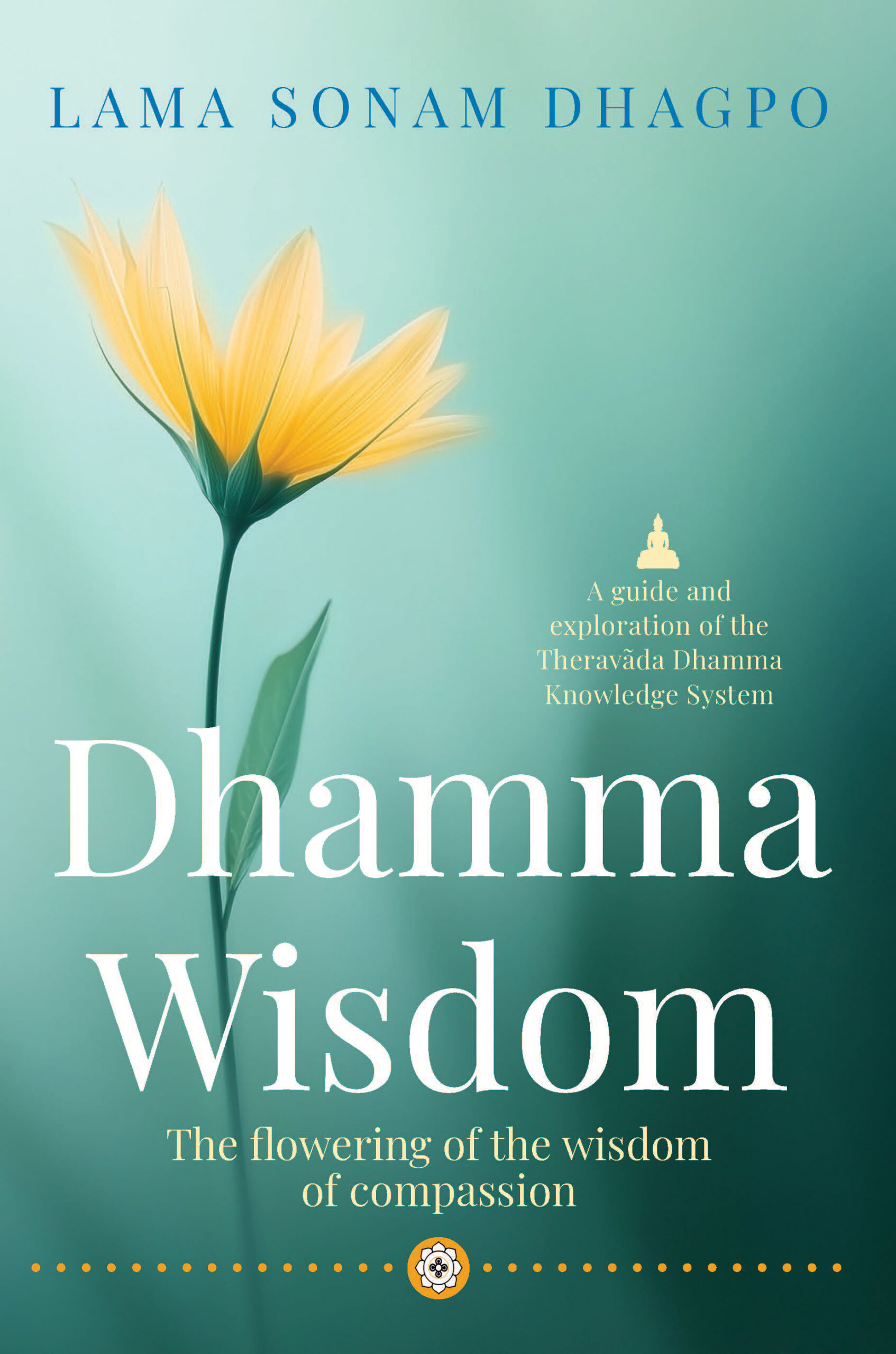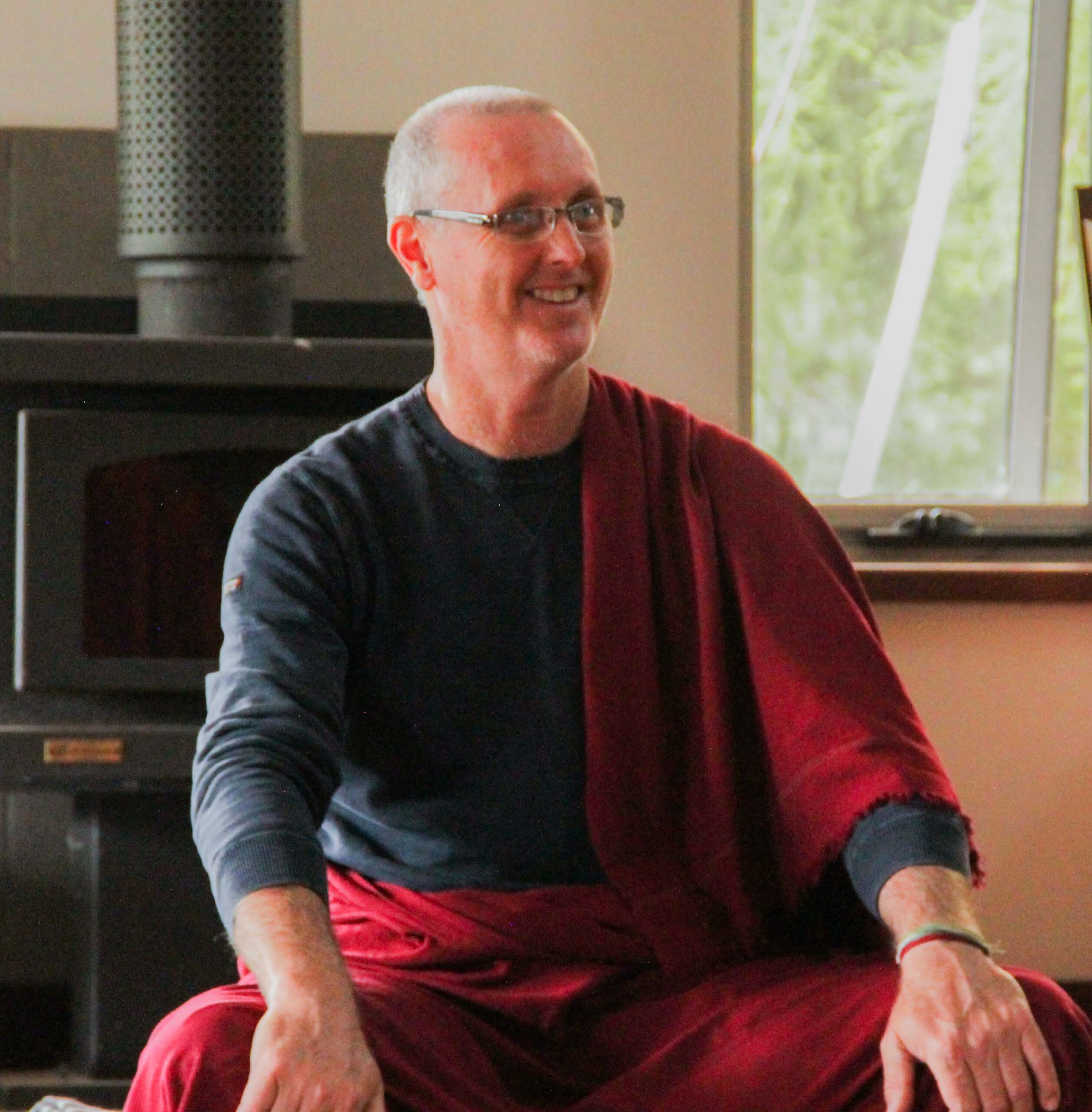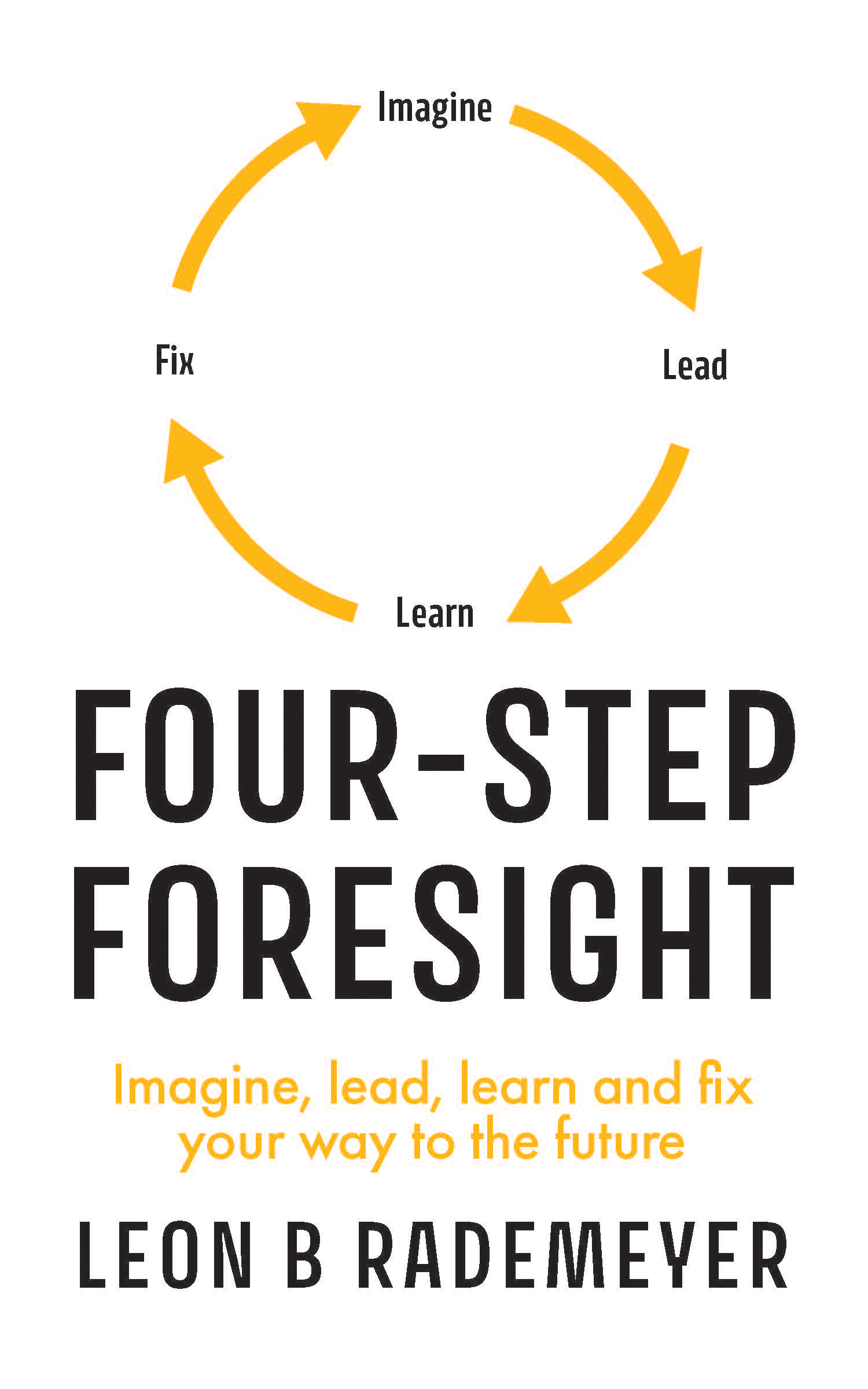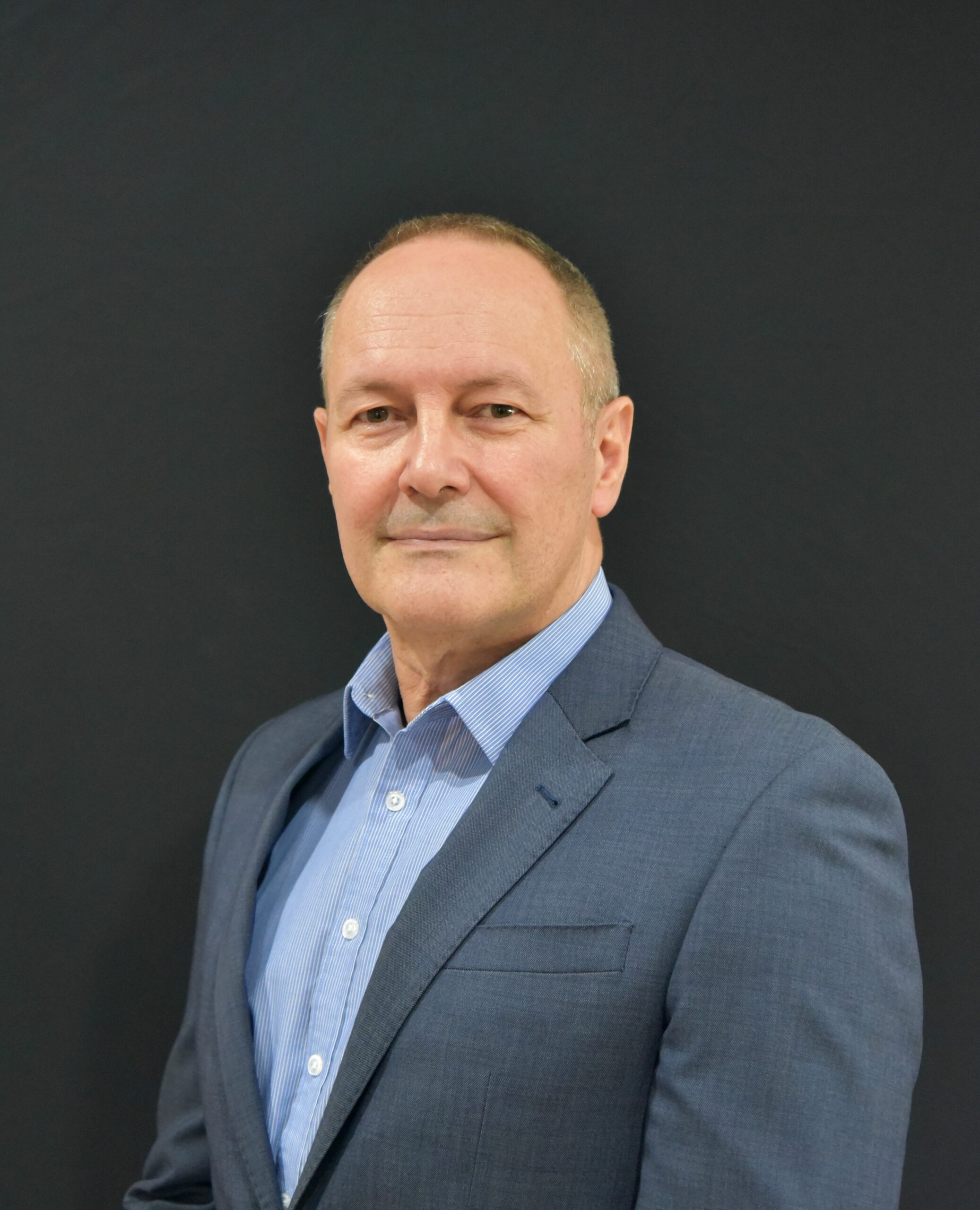Lama Karma Sonam Dhagpo, born Ian Hackett, is the founder and director of Tig-Le House in Margaret River, Western Australia. A devoted mindfulness, meditation, and universalist Buddha-Dharma teacher, Ian’s Path began early in his teen years when, in 1987, he began meditation training in practice groups from varied traditions and approaches in Perth. These practices and early childhood experiences sparked a dedication to exploring a sacred Dharmic Path, First Nations land, and spiritual practices. Ian’s formal instruction in the universalist Buddha-Dharma tradition comes through the lineage of the late Venerable Tenzin Namgyal Rinpoche, Anandha Bodhi.
Growing up between city life and the family farm in Yuat country, north of Perth, Ian developed a close bond with nature. As a young boy, roaming the virgin forest, bushland, creeks, and gullies of the property, attuning to the forest, plants, insects and wildlife and the rhythm of country and farming practices through the changing seasons. This early immersion laid the foundation for his love of nature and dedication to ecological restoration, shaped by his awareness of the devastating impacts of land-clearing and unsustainable agricultural practices. Through the land, Buddha-Dhamma teachings, and First Nations peoples, Ian came to understand the essential role of human spiritual, mental and emotional health in supporting healthy ecologies.
Ian’s work life has taken him across a diverse range of landscapes and disciplines, including agriculture, organic horticulture, Permaculture and environmental restoration across Australia, with over 30 years of experience in regenerative bushland management and restoration work that spans the Kimberley, Wheatbelt, Southwest and Great Southern regions of Western Australia to the subtropics of the Northern Rivers Region in New South Wales and the lush rainforests of Queensland’s Cape Tribulation, Daintree, and Cairns region. His passion for ecological restoration and education and his vision of connecting and healing people and the Earth inform this work.
While this life sounds like a great adventure, very challenging early childhood and later life experiences, accompanied by the challenges inherent in this type of work, came at a personal cost. In Ian’s need and search for health and stability, in 2006, he deepened his involvement with mindfulness and contemplative meditation within the Universalist Buddha-Dharma tradition under the guidance of Lama Karma Chime Shore of the Origins Centre and Coorain in Balingup, Western Australia. Within a few years of attending, Ian began teaching at the Centre at Lama Chime’s request while establishing Tig-Le House, where Ian offers mindfulness sessions, Buddhist teachings, Ecodharma retreats, studies, and practices in this community Dharma hub.
Anointed as Lama Karma Sonam Dhagpo in 2024, Ian continues to offer mindfulness, meditation, Buddhist studies, Ecodharma, and nature retreats, creating opportunities for deep reflection and connection at Southwest venues. Sonam contributes to teaching at local Permaculture Design Courses, sharing knowledge on principles of ecology, mindfully walking and reading the land and patterns within nature. Sonam shares his understanding and insights from many years of regenerative bushland management, helping students to increasingly understand healthy forest ecologies and foster a harmonious relationship between people and the natural world.
Sonam deeply honours and acknowledges the many teachers and influences who have enriched his life and shaped his understanding. Foremost are his root Lama, Karma Chime Shore, his heart teacher Lama Choyin Rinpoche, and H.H. 17th Karmapa Thaye Dorje, along with the nuns of the Karmé Chökhor Dechen Ling nunnery, Rumtek, Sikkim. Sonam pays tributes to the teachings of the late Venerable Namgyal Rinpoche, Anandha Bodhi, and Sayadaw U Thila
Wonta Mon Mahathera. Sonam recognises the substantial influence of the wisdom traditions of Indigenous Australian Elders from Yuat, Miriwoong and Gurindji country and the Bundjalung Nation (names respectfully withheld for cultural reasons), as well as the guidance of custodians of the Noongar Nation, especially the Goreng, Minang and Wardandi/Wadandi, peoples. Each of these revered figures and traditional peoples has significantly influenced and shaped the Path that continues to inform Sonam’s life and work.
Sonam continues to explore and unfold universal Dharma through his teachings and writings on the Theravadin, Mahayana and Vajrayana. He weaves mindfulness and meditation within a socio-ecological context, addressing the complexities of modern life while remaining rooted in the timelessness of ancient Dharma.
This work aims to foster and support personal and collective Refuge through mindfulness, inspiring love, understanding, compassion and a deep connection between humanity and the natural world. It promotes and enables a vision for a harmonious coexistence founded on solidarity, health, peace, and shared Refuge for all beings, a life-affirming, harmonious future, and deep Refuge for all lives, all species.


